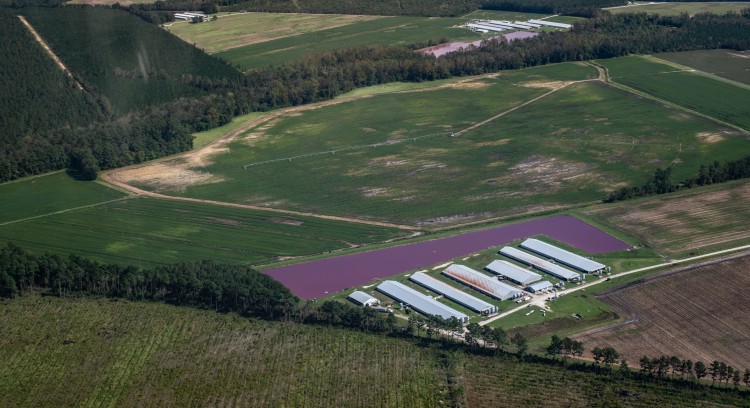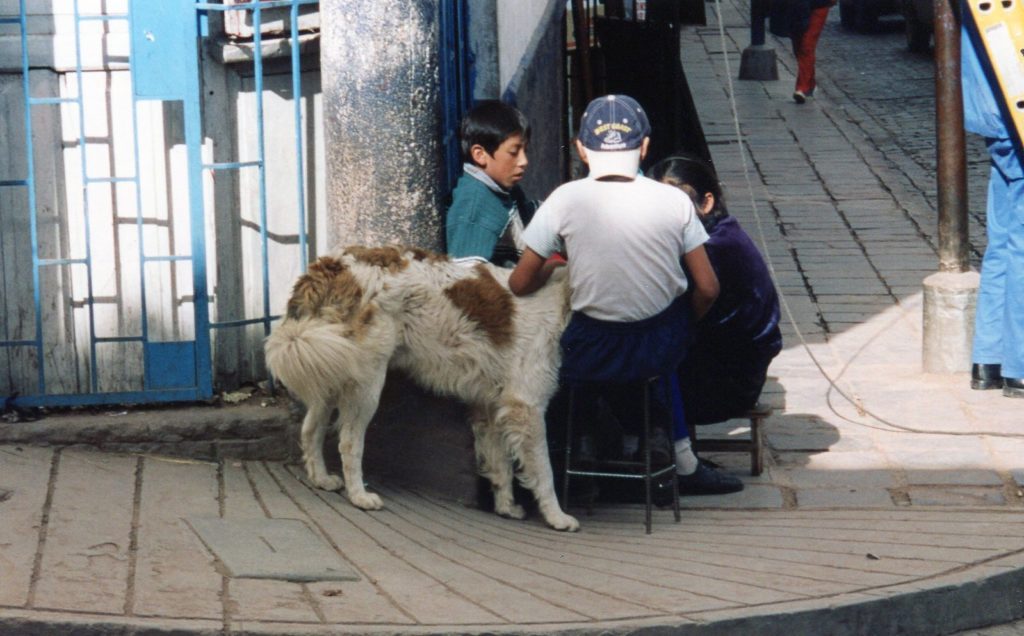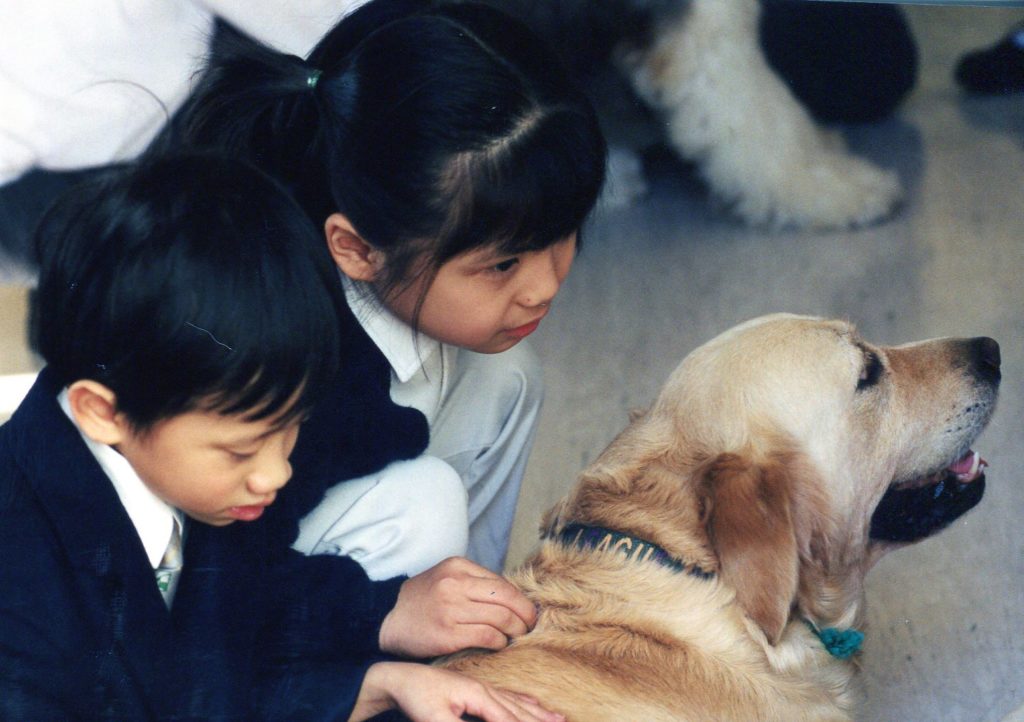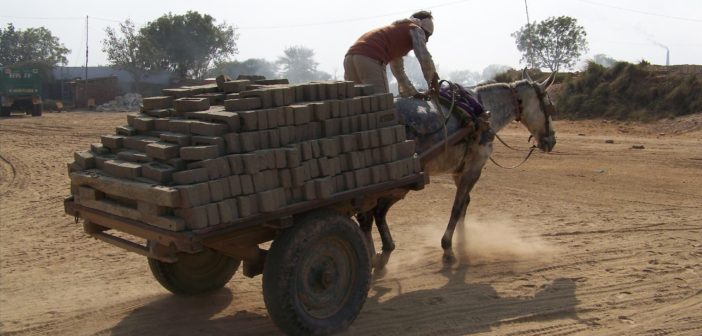I suppose it’s true with most industries. I only really know the animal protection business, where I spent twenty years. But perhaps other fields are different.
Within animal welfare, there are thousands of organizations: public and private, sometimes all-volunteer-driven or sometimes with staffs of hundreds, focusing locally on a specific species or two while others focus internationally on the full range of animals. If there are thousands of organizations, then it follows, naturally, that there are tens of thousands of people working across America—not to mention, elsewhere—to assist animals.
Some of these people feel like family to me while other colleagues feel like high school classmates. We’ve gone through a lot together and then, often sadly, part ways to follow different paths, not knowing how many unexpected turns those paths will take. We may connect in the future or never speak again.
I often feel there is an animal protection diaspora with so many people moving to different nonprofits, different parts of the country or different industries altogether. It’s always wonderful, I find, to reconnect with past colleagues within this unpredictable diaspora, though it often reminds me of how quickly we age, how fast the years—and even the decades—go by.
So, I was delighted this summer to hear from Dr. Andrew Rowan, who was a senior vice president at the Humane Society of the United States (HSUS) while I was there. I left HSUS in 2007 but Andrew was there much later before he ultimately decided to move on. And, now, he was working on a whole new organization of which he was a co-founder. How cool is that?!
Andrew reached me through Linked In after noting that I was doing some freelance consulting for nonprofits—mostly fundraising and communications for animal protection groups. He asked if I could do a little work for him and his new organization. I was, needless to say, delighted to be able to help him and his wife Kathleen, the new nonprofit’s other co-founder.
Kathleen and Andrew founded WellBeing International (WBI) in August 2018. I was quite curious about their new venture since Andrew is one of the most prominent figures in the animal protection field worldwide. To me, his demeanor was always that of an extremely wise academic sage exuding sort of a tsunami of intelligence that commands considerable respect.
“We both felt that there were few, if not no, organizations with a mission encompassing people, animals and the environment—which we call PAE—but plenty of groups focusing on just one of the three,” Kathleen said. “Therefore, we founded WBI to address this gap.”
She was the one who suggested the name of the new organization and who emphasized the need to address the connectivity of the issues.
Only a year and a half old, WBI emphasizes that issues which seemingly affect just one element of PAE, in fact, affect all three. Consequently, one cannot ignore the other two elements if one wants to solve a problem or make lasting and positive change. This means, for example, that one must include both human and environmental concerns when discussing what are usually seen specifically as animal protection issues, such as trophy hunting.

“WBI was founded on the principle that the long-term well-being of people, animals and the environment are interconnected,” stated Kathleen. “WBI seeks to improve the well-being of all three elements of the PAE triad—shorthand for the interconnectedness of the issues—via strategies that more evenly address concerns for well-being goals encompassing all three elements.”
Andrew told me that, typically, well-being or happiness projects focus mainly on anthropocentric outcomes and impacts. For example, the United Nations’ Sustainable Development Goals view the world through a lens that measures success in terms of serving human needs, rather than seeing animals and the environment as having intrinsic value, as well.
Kathleen and Andrew will include animals and the environment equally with human well-being to seek solutions that improve lives on both a local and global basis.
“The old aphorism that all politics is local applies to well-being too,” said the man with more than forty years of leadership experience in animal welfare science as well as in animal and environmental advocacy. “Developing appropriate solutions for local communities will provide examples and models that can be taken to scale to affect global well-being.”
Factory farming provides one example of the importance of addressing all elements of the PAE triad. Factory farming is not only horrific for billions of animals, but also enormously impactful on the environment. Industrial animal agriculture exacerbates the climate crisis and supporting such systems produces a huge demand for shrinking supplies of fresh water. At the same time, the human dimension of the problem includes labor conditions that are frequently unsafe and exploitative, while a diet limiting animal products would be better for human health.
Andrew ought to know. His four decades of experience have included serving on a host of government and corporate consultative committees, as well as on numerous boards of national and international NGOs. He was the CEO of Humane Society International and board chair of HSUS’s Wildlife Land Trust.
Andrew also spent fifteen years at the Tufts Cummings School of Veterinary Medicine in Boston, where he established the Tufts Center for Animals and Public Policy, launched an academic journal on human-animal relations called Anthrozoos, launched the first graduate degree in animal policy studies in 1995, and rose to be Professor and Chair of the school’s Department of Environmental Sciences. He has authored or co-authored numerous books and more than 100 academic papers on topics including laboratory research using animals and alternatives, companion animal and humane wildlife management, and human-animal interactions. He is a Rhodes scholar who graduated from Oxford University with a DPhil. in biochemistry.
Equally accomplished, Kathleen has more than forty years of nonprofit experience as both an executive and board member for numerous human development groups. She is a CPA and a Chartered Global Management Accountant who has a master’s degree from the Kennedy School of Government at Harvard University. Her focus has been in international relief and development. She has worked in some of the most troubled countries in world.
Kathleen served as the CEO of the American affiliate of the Union of Medical Care and Relief Organizations (UOSSM), a medical relief charity working in Syria. She also was CFO of three other nonprofits: Counterpart International, Relief International and EnterpriseWorks/Vita. She has focused on strategic planning, program management, finance, accounting, IT, grants, contracts and compliance.
Um, I think that’s what I would certainly refer to as a power couple. Multiple degrees from elite universities, several high-level positions, and a combined eighty years of relevant professional experience!
Knowing that some of the nation’s major nonprofits that focus on only one PAE component struggle to effect change on their issues, I was curious to know about some of WBI’s specific projects. After all, a fledgling organization addressing all three legs of the triad at the same time would certainly be challenged by not only the issues themselves that have daunted older and bigger as well as narrower nonprofits, but also the breadth of encompassing responses to the triad itself.

Andrew said that WBI’s limited size offers opportunities in building collaboration in the nonprofit space. As such, one of WBI’s first initiatives will be a global dog campaign “to advance the well-being of dogs and people—and even wildlife. We will probably broaden it to include domestic cats.” Many organizations around the world conduct programs to help dogs but tend not to work with or coordinate their activities with others in the same space—not to mention groups working to help humans and the environment who also are affected by dog issues.
Currently under wraps, this canine welfare effort will emphasize sterilizing street dog populations among other initiatives that humanely address dog problems in countries with emerging or struggling economies. The program will build on successful, documented efforts from not only the United States, but also India, Costa Rica and Afghanistan. The systematic collection and analysis of data from specific projects will drive the development of effective solutions.
WBI plans to judge the success and impact of its efforts using what Andrew calls “targeted metrics.”
“For example, the global dog campaign includes the establishment of a global database that will track dog population changes, dog sterilization rates, dog disease rates and the incidence of dog bites to determine the impact of different dog campaigns around the world,” he said.
The group’s humane and environmental education project will track school and community metrics to determine the impact of humane and environmental education efforts, despite the difficulty of ascertaining the benefit of such programs. Most people believe that education is vital, but it has proved remarkably challenging to document the positive benefits of such projects.
“There are few studies that document that teaching people to be kind to animals leads to them being kinder to animals,” said Andrew, “although there are a lot of data demonstrating the opposite.”

The couple plans to draw on a wide range of subject matter experts all over the world, starting with the group they refer to as WBI’s Global Ambassadors. These individuals include scientists and advocates with backgrounds in science, conservation biology and law—among others.
Other WBI projects on the horizon include programs on wildlife conservation and plastics in the ocean and their effect on marine life. Also on the docket are planned projects attempting to address the challenge of human population growth and human consumption growth in an effort to minimize environmental damage and destruction of wildlife habitat.
For example, northern hemisphere countries currently are suffering from an obesity epidemic—a form of malnutrition—resulting from overconsumption, whereas the United Nations projects the population on the African continent will grow from its current 1.2 billion to 4 billion by 2100. But this projection is not an inevitable outcome. If the world could simply limit the number of “unintended” births, the global population in 2100 would be the same as it is today!
Kathleen and Andrew are about to launch projects in Central America, South Asia and Southern Africa. Expansion and future efforts will all depend on results of fundraising, an area in which the couple will be spending more time to build momentum for their start-up.
In the interim, they have been traveling the globe presenting the mission and roadmap for their new organization, meeting with donors and putting together all the infrastructure that running a nonprofit necessitates. When I met with Kathleen and Andrew this summer, they were in the throes of website development, proposal writing and reception planning.
It had been approximately ten years since I’d last seen Andrew; he visited the local shelter in Washington, DC where I was working at the time. It was pleasant then and again last summer to see this leader and colleague whom I only see intermittently and of whom I’m very fond.
As the diaspora of animal welfare professionals ebbs and flows for so many of us in the sunsets of our careers, I am hoping Kathleen and Andrew will experience nothing but an upward trajectory of success, thereby helping animals—and the rest of the PAE triad—in countries where they might not otherwise get compassionate, humane help. Their backgrounds, connections and good intentions definitely portend well for their future endeavors. Godspeed!
This article originally appeared on the Animal Matters Blog.
Featured image: a horse in India carries far too heavy of a load. The link between human and animal well-being is well-illustrated by the lives of working animals. Image credit Kim Bartlett – Animal People, Inc.





